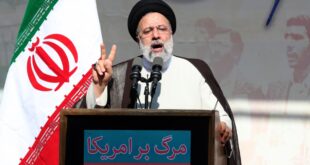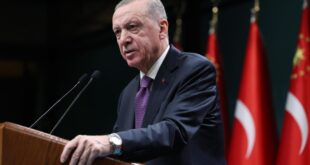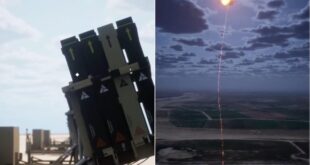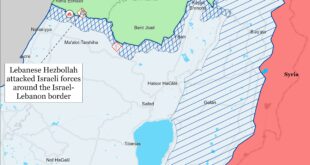On January 18, 2020, ballistic missiles struck a mosque at the al-Estiqbal military camp in Marib, killing at least 116 people in what was reportedly one of the deadliest attacks in Yemen’s civil war. Although there was no immediate claim by the Houthi rebels, Yemen’s government condemned the Iran-backed extremist group for the attack.
Two days later, government forces engaged Houthi rebels east of Marib and killed senior Houthi commander Jaber Al Muwaed. Attempts at any conflict resolution have made little progress since the Houthis began invading the country in 2014. Iran has historically supported the Houthi rebels with funding, training, and weapons, with some Yemeni officials believing Iran’s support has been ongoing since the Houthi uprising in 2004.
Violent activity by the Houthis has consisted mainly of armed rebellion against the Yemeni government, leading to clashes with security forces. The Houthis have also repeatedly attacked Saudi Arabia with missiles and drones since 2017, and have ramped up strikes in the spring and summer of last year. In October 2016, the Houthis took direct action against the United States by conducting a series of failed missile attacks against the U.S. Navy presence in the region. The Houthis have also engaged in kidnapping, taking hostage several American citizens including a teacher, journalist, and a humanitarian aid worker. Thousands have been killed and displaced across Yemen since the the conflict began in 2014.
Yemeni officials also assert the Houthis have traveled to Iran and Lebanon for training and also received training in Yemen by a “few hundred” members of the Quds Force of Iran’s Islamic Revolutionary Guard Corps (IRGC). In 2013, Yemeni security forces intercepted the Iranian vessel Jihan 1 off Yemen’s coast, which was reportedly bound for Houthi-controlled territory carrying several tons of Iranian arms, munitions, equipment, and explosives. Yemeni authorities impounded the ship and arrested its crew, which included eight Yemeni nationals and two members of Hezbollah. Iran denied any connection to the shipment. In February 2017, Qasem Soleimani, then the commander of the Quds Force, reportedly met with senior IRGC commanders to discuss increasing Iranian support to the Houthis. Though Iran denies providing military or financial aid to the Houthis, a senior Iranian official told Reuters in March 2017 that the IRGC “agreed to increase the amount of help, through training, arms and financial support” to the Houthis after meeting with Soleimani.
 Eurasia Press & News
Eurasia Press & News



